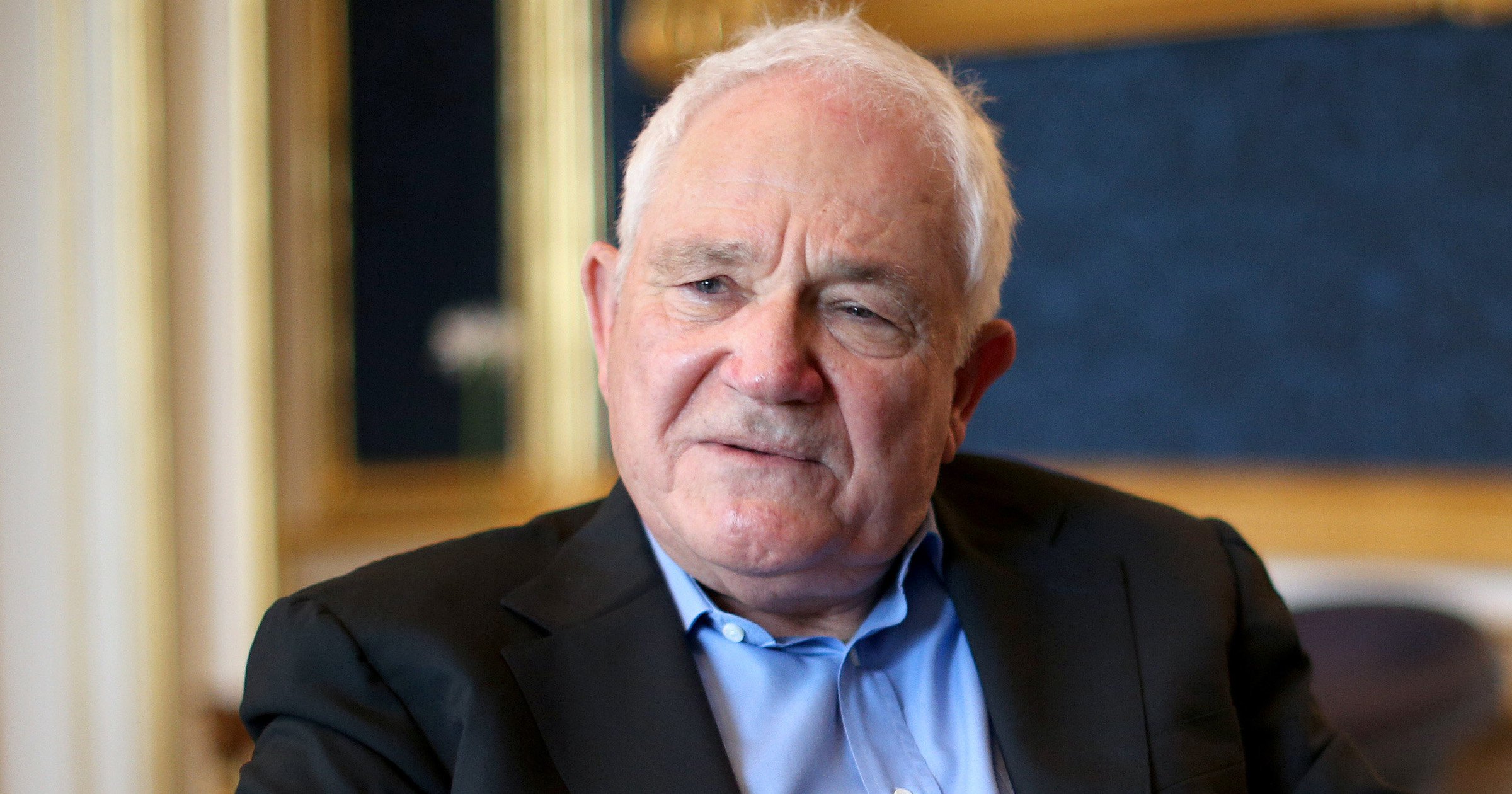
David Seidler, an Oscar winner known for writing The King’s Speech, has died, with film fans paying tribute to the ‘gifted storyteller’.
The winner was fly-fishing in New Zealand when he died on Saturday (March 16).
However, no specific cause of death has been shared.
While Seidler is believed to have been 86, as he was born in 1937, his exact birth month is not publicly known.
Speaking to Deadline on Sunday, Seidler’s longtime manager Jeff Aghassi broke the sad news.
‘David was in the place he loved most in the world – New Zealand – doing what gave him the greatest peace which was fly-fishing,’ he said.
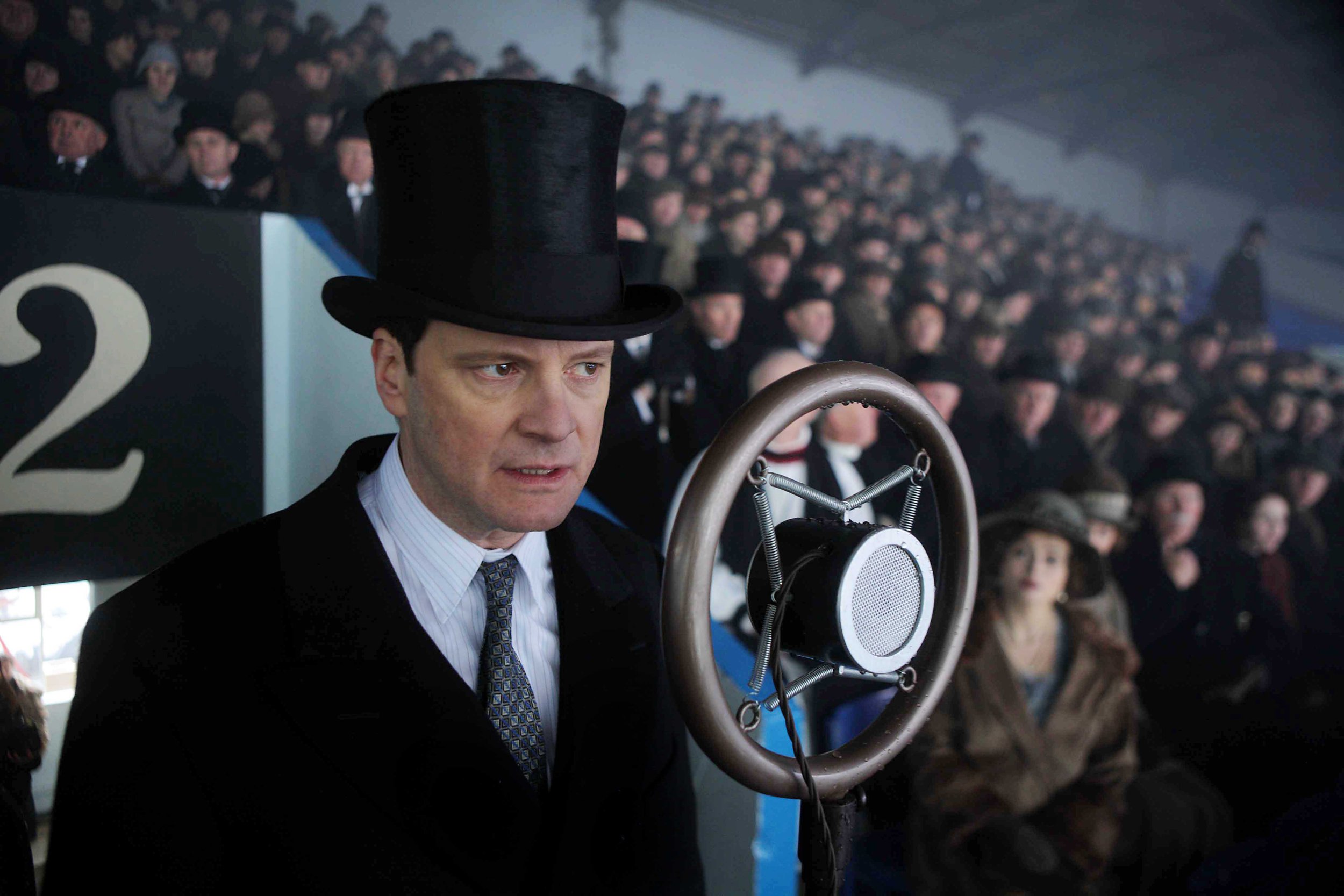
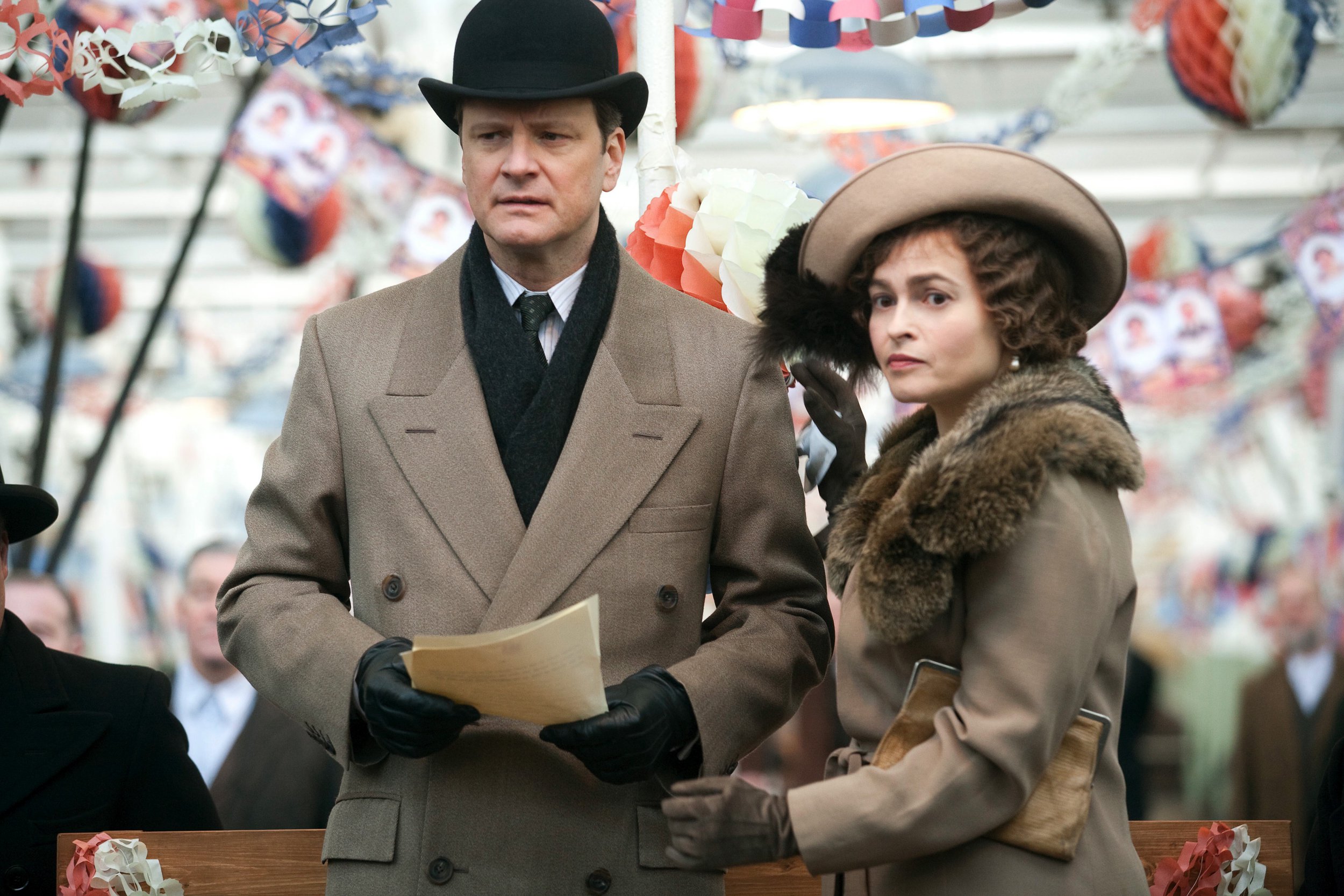
‘If given the chance, it is exactly as he would have scripted it.’
Taking to X after learning of Seidler’s death, Franklin Leonard wrote: ‘David Seidler was a wonderful human being. A gifted storyteller in every form I encountered him – on the page, over dinner, on the phone. The world is a little bit dimmer today without him.’
Andrea Mann added: ‘RIP David Seidler, a true inspiration.’
Gabriel Read wrote: ‘Sad news. Was fortunate to participate in one of his masterclasses. Wonderfully talented and generous with his knowledge, David Seidler will be missed.’
Seidler was best known as the Oscar-winning screenwriter behind 2010’s The King’s Speech.
The plot of the film – starring Colin Firth, Helena Bonham Carter, Guy Pearce, Michael Gambon, and Timothy Spall – centred around the story of King George VI overcoming his severe stutter.
Cinema fans also loved the development of his unexpected friendship with speech therapist Lionel Logue (Geoffrey Rush) in the lead up to World War II.
Inspiration for the script came from Seidler’s own experience overcoming a stutter as a child.
In 2011, he won an Oscar for original screenplay and the film won best actor for Firth.
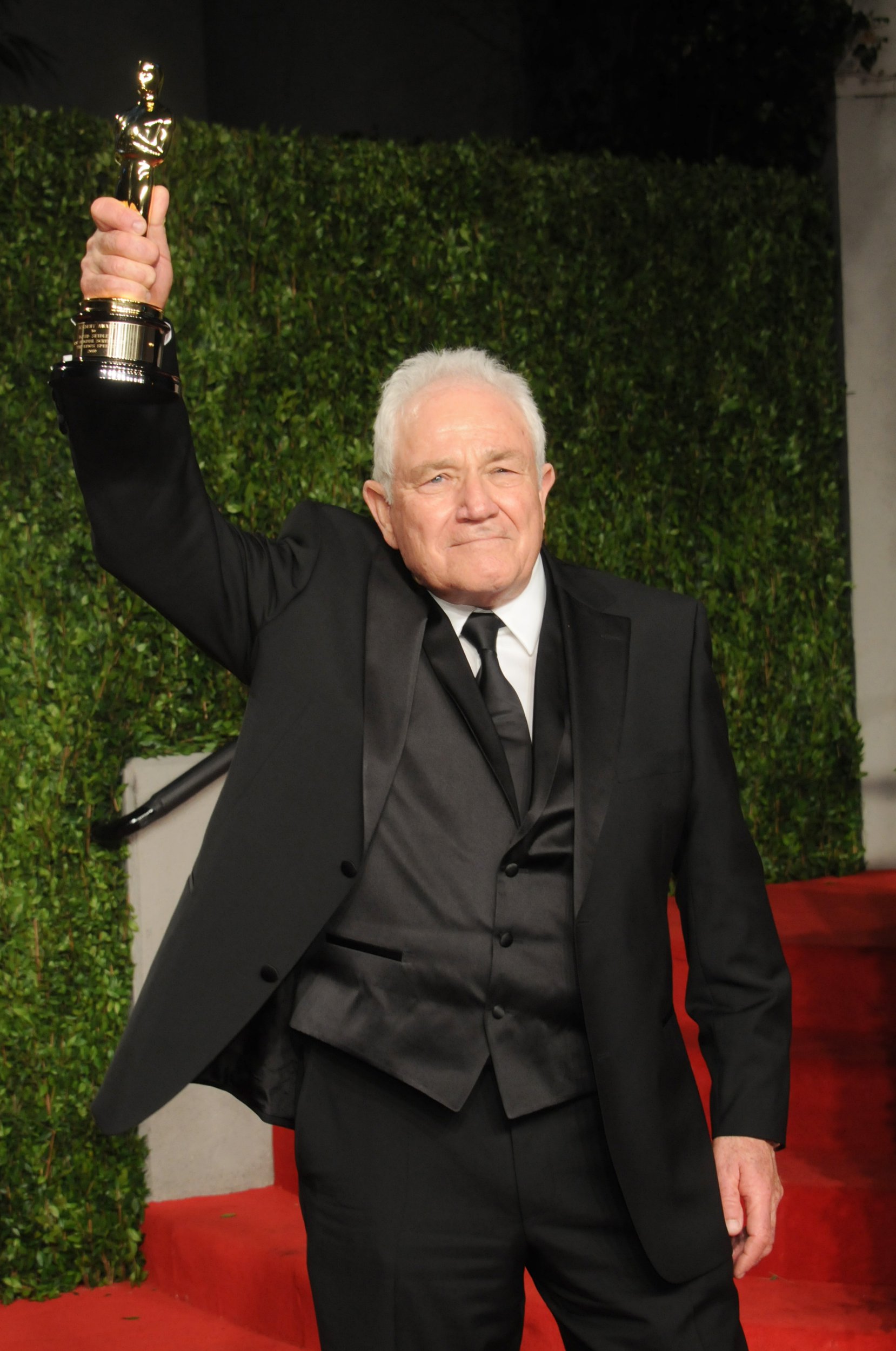
Tom Hooper also took home best director and the film bagged the big trophy of the night, best picture.
Seidler dedicated his Oscar win to ‘all the stutterers around the world,’ and thanked ‘Her Majesty The Queen for not putting me in the Tower for using the F word.’
Meanwhile, Firth joked that his own career had ‘peaked’ as he picked up his Oscar for the part.
As well as big wins at the Oscars, the film earned Seidler two Baftas and the Humanitas Prize.
Seidler previously revealed that he had always wanted to write about George VI and bring his story to the screen.
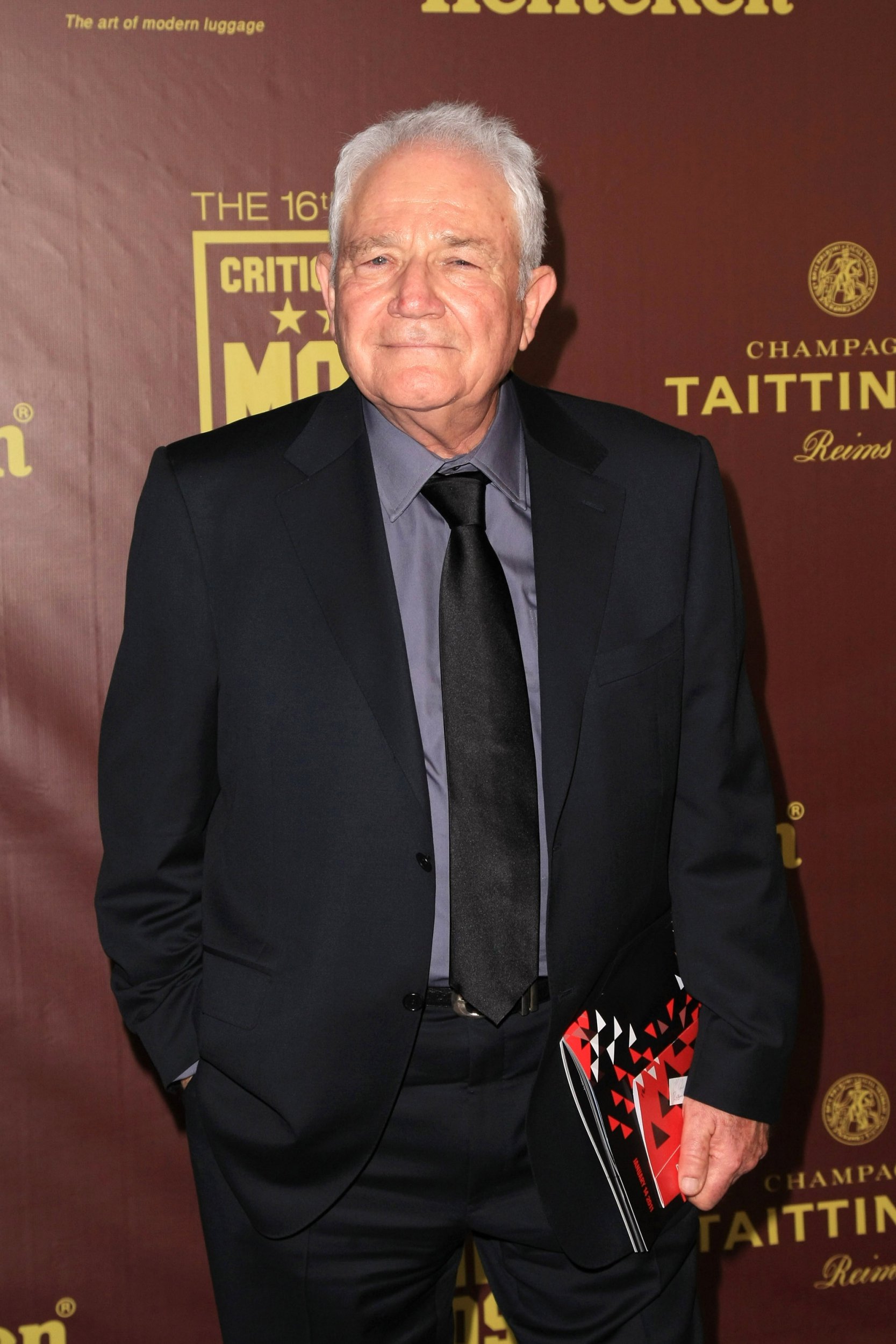
Truly dedicated to the cause, he began researching back in 1981. It was then that he discovered the Queen Mother tracked down speech therapist Logue, and pleaded for his help, who would freeze any time he had to make a public speech.
‘I wrote and asked her permission to tell the story in a film,’ Seidler told The Mail in 2010.
‘But it was still so raw for her – the whole business of having to relive what her husband and her family went through, with the Abdication and him becoming King.
‘It was too much, and still painful, so she wrote and asked that the film not be made until after her death.’
Following the global impact of The King’s Speech, the movie was adapted for the state, has been translated into more than half a dozen languages, and performed on four continents.
Seidler’s other work included Onassis: The Richest Man in the World (1988) and Tucker: The Man, and His Dream (1988).
At the time of his death, he had multiple projects in active development, including documentaries, TV series, and feature films.




















